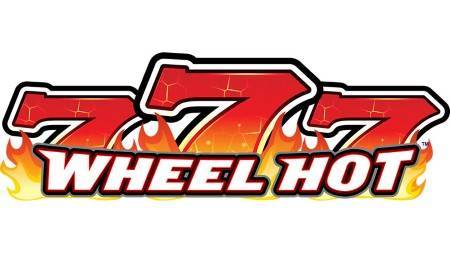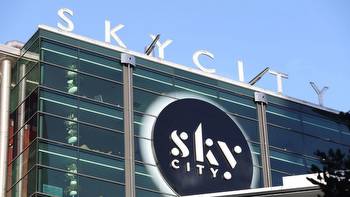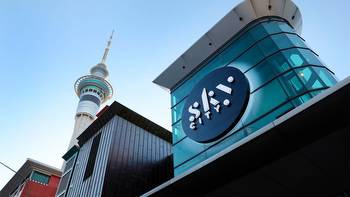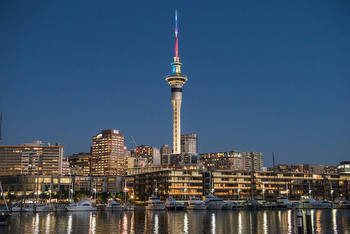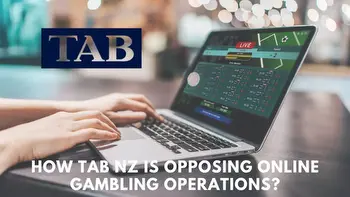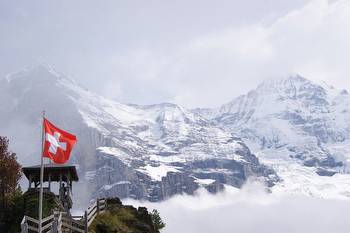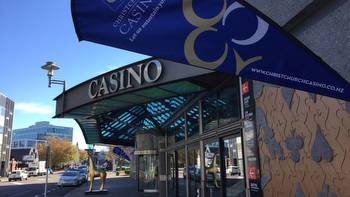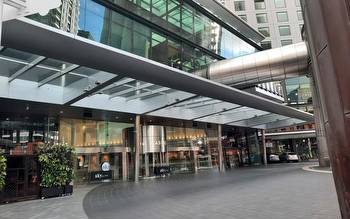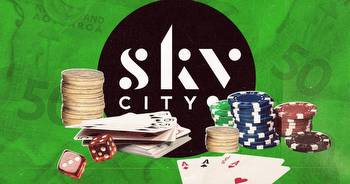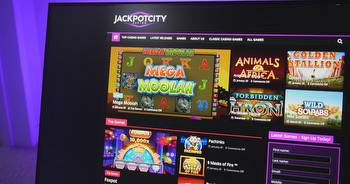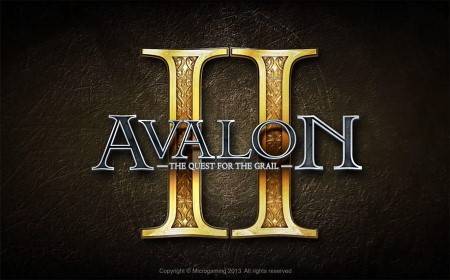SkyCity’s NZ share price plunges, casino licences could be suspended
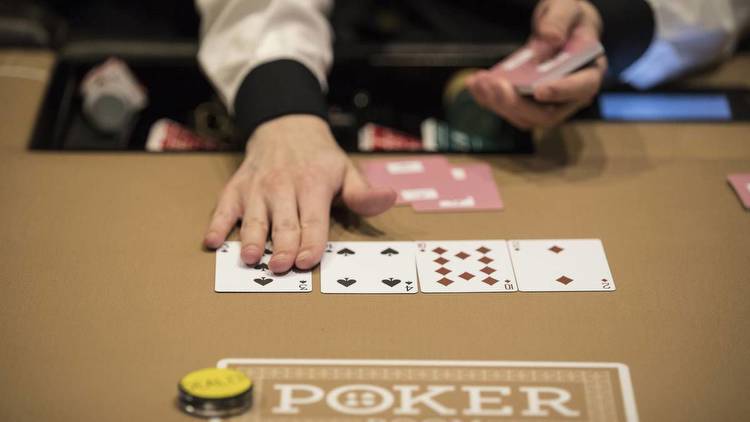
Players in action at SkyCity. Photo / Peter Meecham
The government department in charge of regulating SkyCity Entertainment Group’s casino licences has applied to suspend those at all three New Zealand venues.
An NZX announcement issued this morning said the Department of Internal Affairs was asking the Gambling Commission to temporarily suspend SkyCity Casino Management’s casino operator’s licence for a period “in the range of 10 days”.
The extraordinary move comes after a former customer complained about host responsibility.
In the opening minutes of trade this morning, shares in SkyCity dropped 23c, or 9.9 per cent, to $2.10, wiping $174 million off its market capitalisation to $1.59 billion.
SkyCity Casino Management holds the casino operator’s licence for the Auckland, Hamilton and Queenstown casinos.
“The commission will now consider whether to make an order to suspend SCML’s casino operator’s licence and, if so, the duration of any such suspension. A decision may not be forthcoming for a number of months,” the statement said.
The application was made under the New Zealand Gambling Act 2003 after a complaint in February last year to the department by a former customer who gambled at the Auckland casino from August 2017 to February 2021.
“The secretary states in the application that SCML did not comply with requirements in its SkyCity Auckland host responsibility programme relating to the detection of incidences of continuous play by the customer.
“SkyCity will fully cooperate with the secretary in relation to the application and process. Given that the application is before the commission it would be inappropriate for SkyCity to comment further on the application and allegations at this stage,” the statement said.
John Sneyd, Internal Affairs’ regulatory services general manager, described what would happen next.
“This is an ongoing process. The department and SkyCity will both make submissions to the Gambling Commission. It is the commission’s role to consider the circumstances of the case and to determine what action, if any, is appropriate.”
The department took gambling harm minimisation seriously and would take firm action when licensed operators did not abide by the conditions of their licences, Sneyd said.
“DIA continues to conduct audits and monitor all New Zealand casinos to ensure they have the appropriate processes and fulfil their obligations and responsibilities,” he said today.
Matt Goodson, managing director of Salt Funds, said the market was concerned about the possible long-term impact of the move.
“The concern, obviously, is not so much any temporary suspension of the licence, if it goes forward,” Goodson said.
“It’s what does it signal in terms of the Department of Internal Affairs’ attitude to Sky City, and are there other issues that will come out in the wash?”
Chief executive Michael Ahearne emphasised more host responsibility moves there and told the Herald about technology SkyCity used from a local Kiwi business to identify problem gamblers.
Facial recognition technology had run in Auckland for years and was about to go into Hamilton. Ahearne said on August 23 that new, more sophisticated versions would be installed above ATM machines within casinos.
“The technology has advanced over the years. We brought it in to track people coming in at the first stage, but now it monitors individual behaviours on the gaming floors. In Adelaide, we have the first version and we’re looking forward to bringing in the more advanced system over time.”
SkyCity used Guardian facial recognition technology from Hamilton’s Torutek “for recognising persons of interest as they enter and move around casinos and gaming locations”.
That’s aimed to detect those with gambling addictions.
Last month, the company provided $49 million in its accounts to cover a civil court penalty over its Adelaide casino’s alleged anti-money laundering failures.
The company said that was an accounting provision in the case brought against it by an Australian financial regulator.
The Australian Transaction Reports and Analysis Centre (Austrac) accused the casino giant of serious and systemic non-compliance with anti-money laundering and counter-terrorism rules.
Each of the contraventions alleged attracted a maximum civil penalty of between A$18 million and A$22.2m.
Austrac alleged SkyCity Adelaide contravened the law on an innumerable number of occasions, so it was not possible to determine a maximum penalty for the alleged breaches.
The company has a market capitalisation of $1.7b and most of its $926m annual revenue is generated by customers in Auckland from its casino.
-Additional reporting by Jamie Gray and Madison Reidy
Anne Gibson has been the Herald’s property editor for 23 years, has won many awards, written books and covered property extensively here and overseas.







